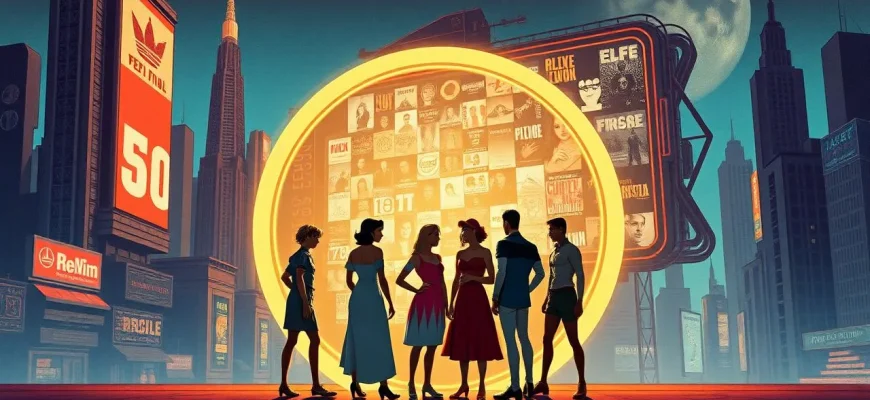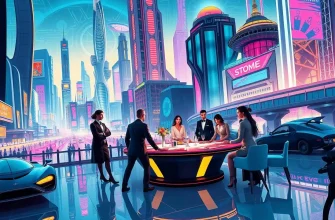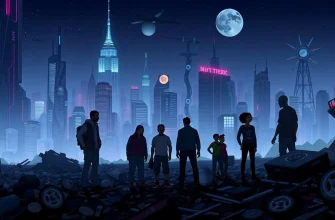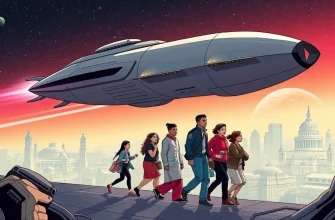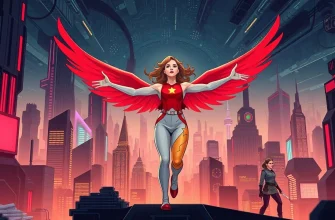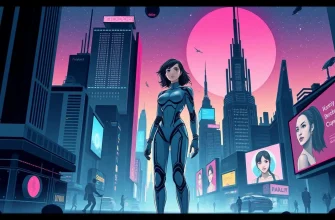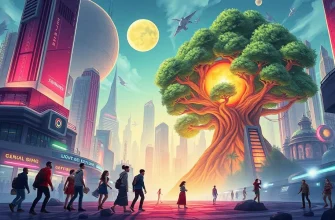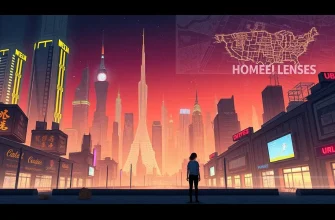In a world where information is power, the theme of censorship has always been a fertile ground for science fiction. These films not only entertain but also provoke thought, challenging viewers to consider the implications of a society where freedom of expression is curtailed. This curated list of 10 sci-fi films provides a fascinating exploration of censorship, offering a mix of dystopian futures, mind-bending realities, and the fight for truth in a controlled world.
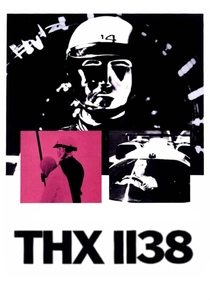
THX 1138 (1971)
Description: George Lucas's debut feature film presents a future where individuality is suppressed, and citizens are drugged to maintain social order, exploring themes of censorship and conformity.
Fact: The number "1138" has become a recurring Easter egg in many of Lucas's later works.
 Watch Now
Watch Now
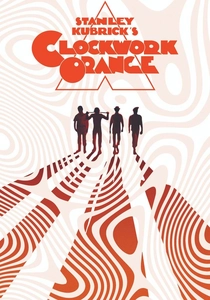
A Clockwork Orange (1971)
Description: Stanley Kubrick's adaptation of Anthony Burgess's novel delves into themes of free will and state control, where the protagonist undergoes a form of psychological censorship to curb his violent tendencies.
Fact: Kubrick withdrew the film from UK cinemas after it was linked to several copycat crimes.
 Watch Now
Watch Now

Gattaca (1997)
Description: In a genetically stratified society, personal freedom and identity are censored by the government's control over genetic engineering, leading to a tale of defiance and identity.
Fact: The film's title is derived from the letters of the four DNA nucleotides: Guanine, Adenine, Thymine, and Cytosine.
 Watch Now
Watch Now

The Matrix (1999)
Description: While not explicitly about censorship, the film explores a world where reality is controlled by machines, and humans are kept in a virtual reality to prevent them from discovering the truth.
Fact: The film's concept of "the Matrix" has become a cultural phenomenon, often used to describe any system of control or manipulation.
 Watch Now
Watch Now

Equilibrium (2002)
Description: In a future where emotions are outlawed, a government agent begins to question the regime after missing his dose of emotion-suppressing drugs, leading him to uncover the truth about censorship and control.
Fact: The film was heavily inspired by George Orwell's "1984" and Aldous Huxley's "Brave New World."
 Watch Now
Watch Now

The Island (2005)
Description: In a seemingly utopian facility, residents are told they are survivors of a global contamination, but the truth reveals a sinister form of censorship and control over their lives.
Fact: The film was inspired by the 1979 film "Parts: The Clonus Horror," which had a similar premise.
 Watch Now
Watch Now
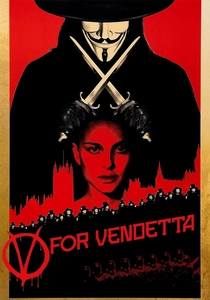
V for Vendetta (2005)
Description: Set in a dystopian future Britain, this film follows a masked vigilante named V who fights against a totalitarian regime that uses censorship to control the populace.
Fact: The film was adapted from Alan Moore's graphic novel, and Moore famously disowned the movie adaptation.
 Watch Now
Watch Now

The Adjustment Bureau (2011)
Description: This film explores the idea of a hidden organization that controls human destiny, subtly censoring free will to ensure a predetermined path for humanity.
Fact: The film was based on a short story by Philip K. Dick, known for his explorations of reality and control.
 Watch Now
Watch Now

Brazil (1985)
Description: Terry Gilliam's surreal masterpiece depicts a bureaucratic nightmare where information is tightly controlled, and one man's quest for freedom leads to a Kafkaesque struggle against the system.
Fact: The film's title refers to the song "Aquarela do Brasil," which plays during the protagonist's daydreams.
 30 Days Free
30 Days Free
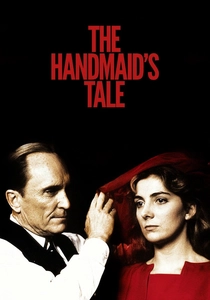
The Handmaid's Tale (1990)
Description: This film adaptation of Margaret Atwood's novel portrays a dystopian society where women are stripped of rights, and information is strictly controlled to maintain the regime's power.
Fact: The film was overshadowed by the later TV series, which brought the story to a broader audience.
 30 Days Free
30 Days Free

